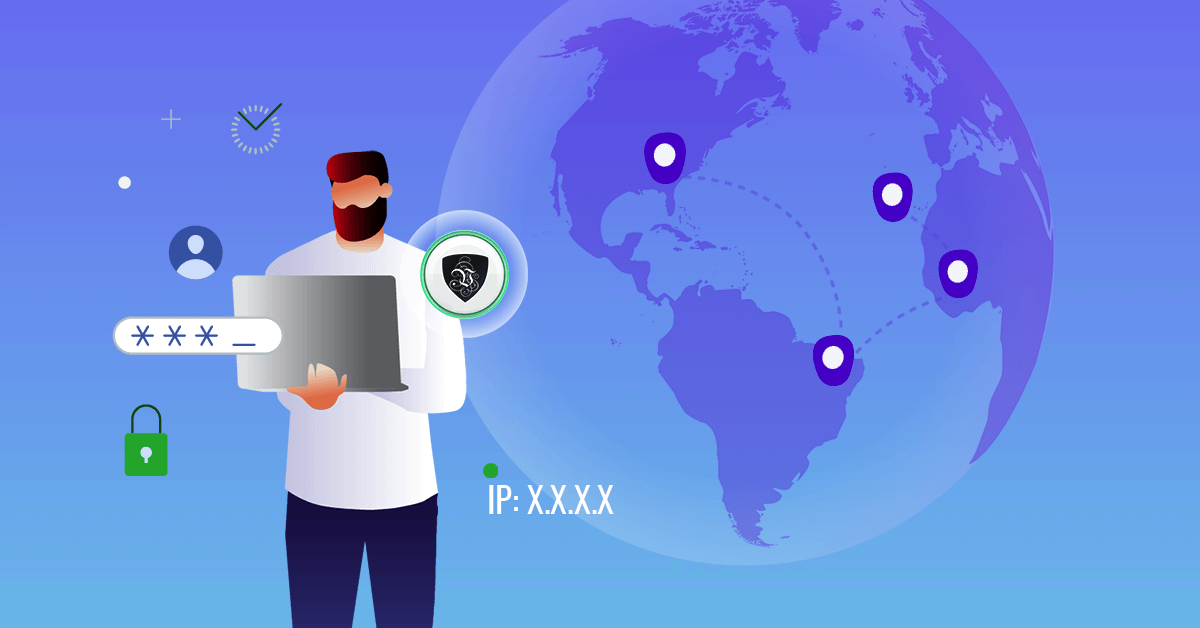If you are a journalist, you know how important it is to protect your online privacy and security. Whether you are reporting on sensitive topics, communicating with sources, or accessing geo-restricted content, you need a reliable way to hide your internet traffic and identity from prying eyes. That’s why you should consider using a VPN (virtual private network) for online journalism.
A VPN is a service that encrypts your data and routes it through a secure server in another location. This way, you can mask your IP address and location, avoid censorship and surveillance, and access websites and services that may be blocked in your region. A VPN also protects you from hackers, malware, and other online threats that may compromise your devices or data.
Using a VPN for online journalism has many benefits, such as:
– Encryption: A VPN encrypts your data with strong algorithms that make it unreadable to anyone who intercepts it. This means you can send and receive confidential information without worrying about someone snooping on your communications. Encryption also prevents your ISP (internet service provider) from tracking your online activities and selling your data to third parties.
– Anonymity: A VPN hides your IP address and location, making it harder for anyone to identify or locate you online. This is especially useful if you are working on sensitive stories or exposing corruption or human rights violations. Anonymity also helps you avoid targeted ads, price discrimination, and online profiling based on your browsing habits.
– Access: A VPN allows you to access websites and services that may be blocked or restricted in your region due to censorship, geo-blocking, or licensing agreements. For example, you can access foreign news sources, social media platforms, streaming services, or online libraries that may not be available in your country. Access also helps you bypass firewalls and filters that may limit your research or reporting capabilities.
However, not all VPNs are created equal. Some may have weak encryption, slow speeds, limited servers, or shady privacy policies. That’s why you should choose a reputable and trustworthy VPN provider that meets your needs and expectations.
One of the best VPNs for online journalism is Le VPN (https://www.le-vpn.com). Le VPN is a premium VPN service that offers:
• High-speed servers in 100+ locations across the world
• Military-grade encryption with OpenVPN, WireGuard, L2TP, IPSec, IKEv2 protocols
• No logs policy that ensures your privacy and anonymity
• 30 days money back guarantee that lets you try the service risk-free
• Easy-to-use apps for Windows, Mac, iOS, Android, and more
• Title:24/7 customer support via email and live chat
With Le VPN, you can enjoy online privacy, security, and freedom as a journalist. You can subscribe to Le VPN by clicking on the “Get Le VPN” button at the top of the screen. Don’t let anyone spy on your internet traffic or censor your voice. Get Le VPN today and experience the benefits of using a VPN for online journalism.
SPRING SALE
GET 3 YEARS FOR $79.99
NO LOGS
100+ LOCATIONS
P2P ALLOWED
Easy To Use
30-Day Money Back
Friendly Support
Bitcoin Accepted
Ultra High Speeds




Written by Romain Malburet @_R_o_m_1_
Romain is a designer, analyst, and developer who has worked for several technology companies internationally in recent years. Founder of Magic Freelancer, he has collaborated with various blogs by writing articles on IT security news or producing popularization texts. Today, Romain manages Le VPN support service and you will only occasionally come across him as an author in our pages, however, it may happen that he will respond to some of your comments.